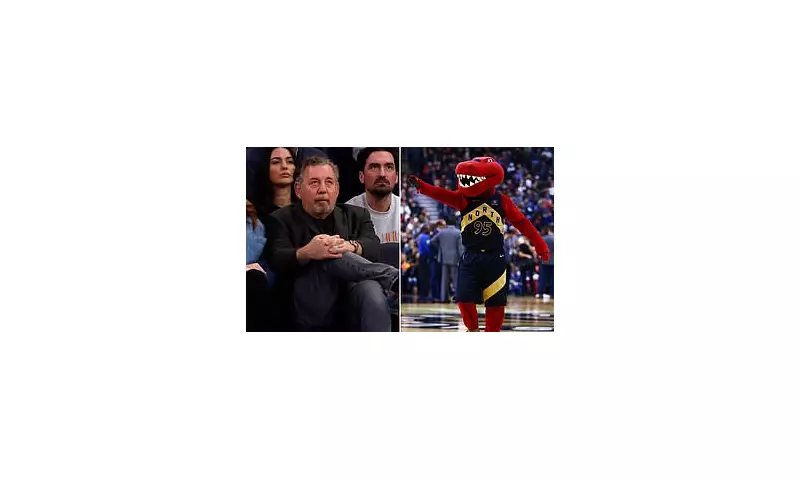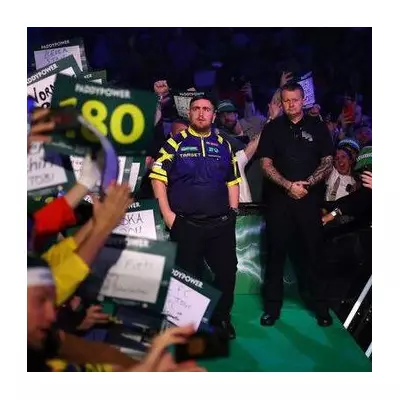
The National Basketball Association has been rocked by an extraordinary legal battle that reads more like a corporate thriller than a sports dispute. The Toronto Raptors have launched a stunning lawsuit against their Eastern Conference rivals, the New York Knicks, alleging a sophisticated scheme of corporate espionage that could have far-reaching consequences for both franchises.
The Heart of the Allegations
At the centre of this explosive case is Ikechukwu Azotam, a former Raptors employee who allegedly downloaded thousands of confidential files before departing for the Knicks organization. The Raptors claim this wasn't merely a case of an employee changing teams, but rather a coordinated effort to steal proprietary information that forms the backbone of their basketball operations.
The stolen materials reportedly include:
- Highly confidential playbooks and strategic documents
- Detailed scouting reports on opposing teams
- Proprietary analytical models and metrics
- Internal video preparation files
- Sensitive player development strategies
A Pattern of Suspicious Activity
According to court documents, the Raptors became suspicious when they discovered Azotam had systematically downloaded approximately thousands of files onto an external hard drive in the days leading up to his resignation. The timing and volume of these transfers suggest a deliberate effort to extract valuable intellectual property before his departure.
"This goes far beyond normal employee movement between teams," the lawsuit contends. "What we're seeing here is a calculated effort to gain unfair competitive advantage through the theft of proprietary systems and strategies."
League-Wide Implications
This case strikes at the heart of competitive balance in professional sports. While player movement between teams is common and governed by league rules, the alleged theft of proprietary analytical systems and strategic documents represents uncharted territory for NBA disciplinary matters.
The lawsuit raises critical questions about:
- The boundaries of competitive intelligence gathering in professional sports
- The protection of proprietary analytical systems developed by teams
- The ethical responsibilities of employees moving between rival organizations
- Potential sanctions the NBA might impose if allegations are proven
What Comes Next?
Legal experts suggest this case could set important precedents for how professional sports leagues handle intellectual property disputes between member organizations. The Knicks have yet to file their formal response to the allegations, but the basketball world is watching closely as this dramatic off-court battle unfolds.
With both teams positioned as potential Eastern Conference contenders, the outcome of this lawsuit could have significant implications for the competitive landscape of the NBA for seasons to come.




